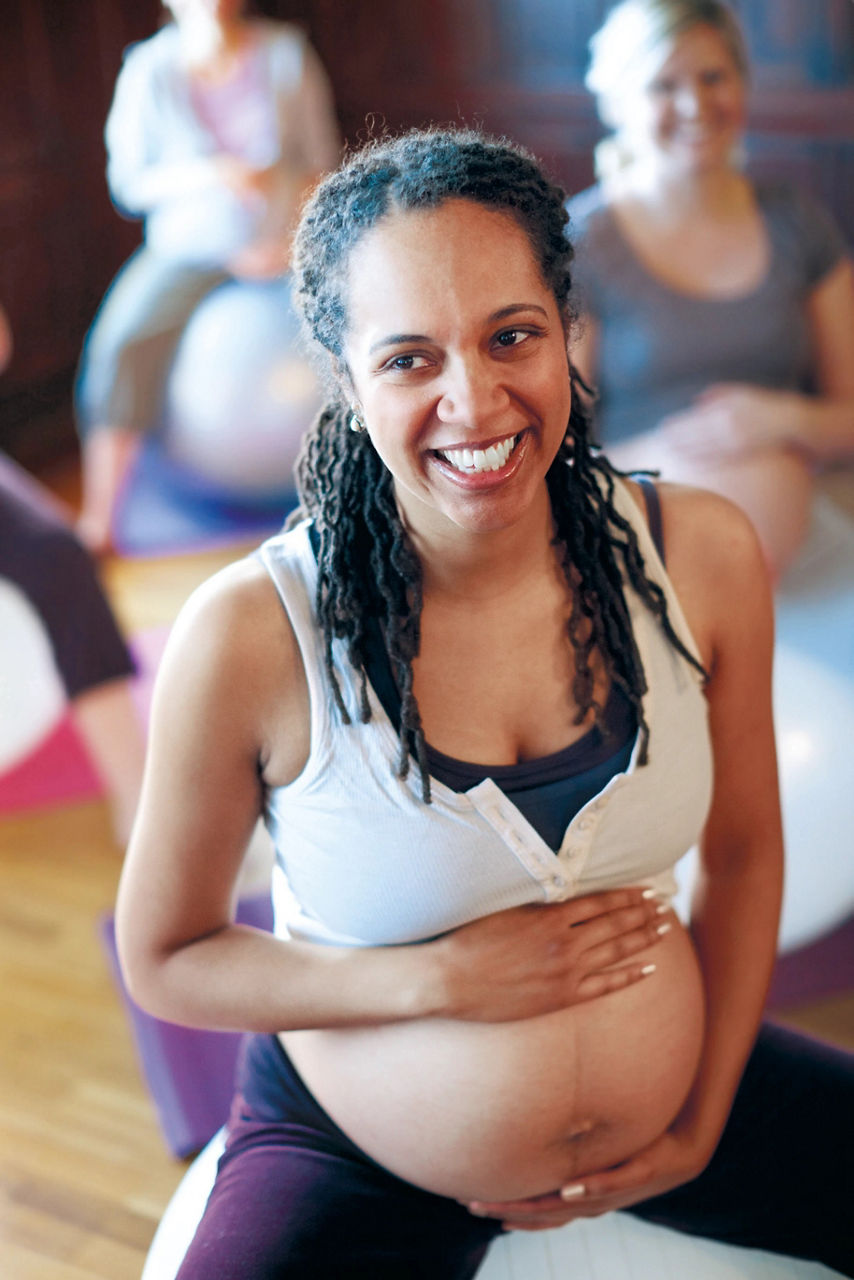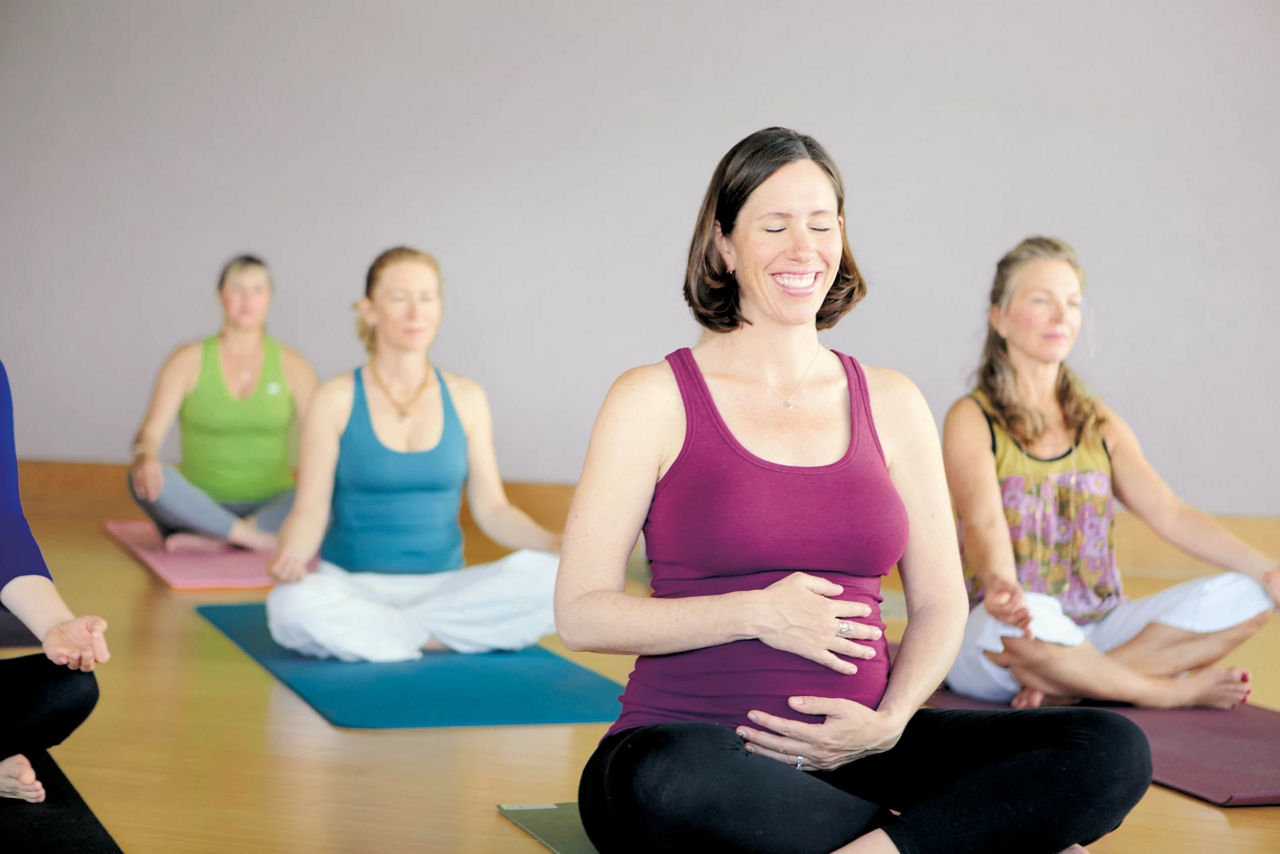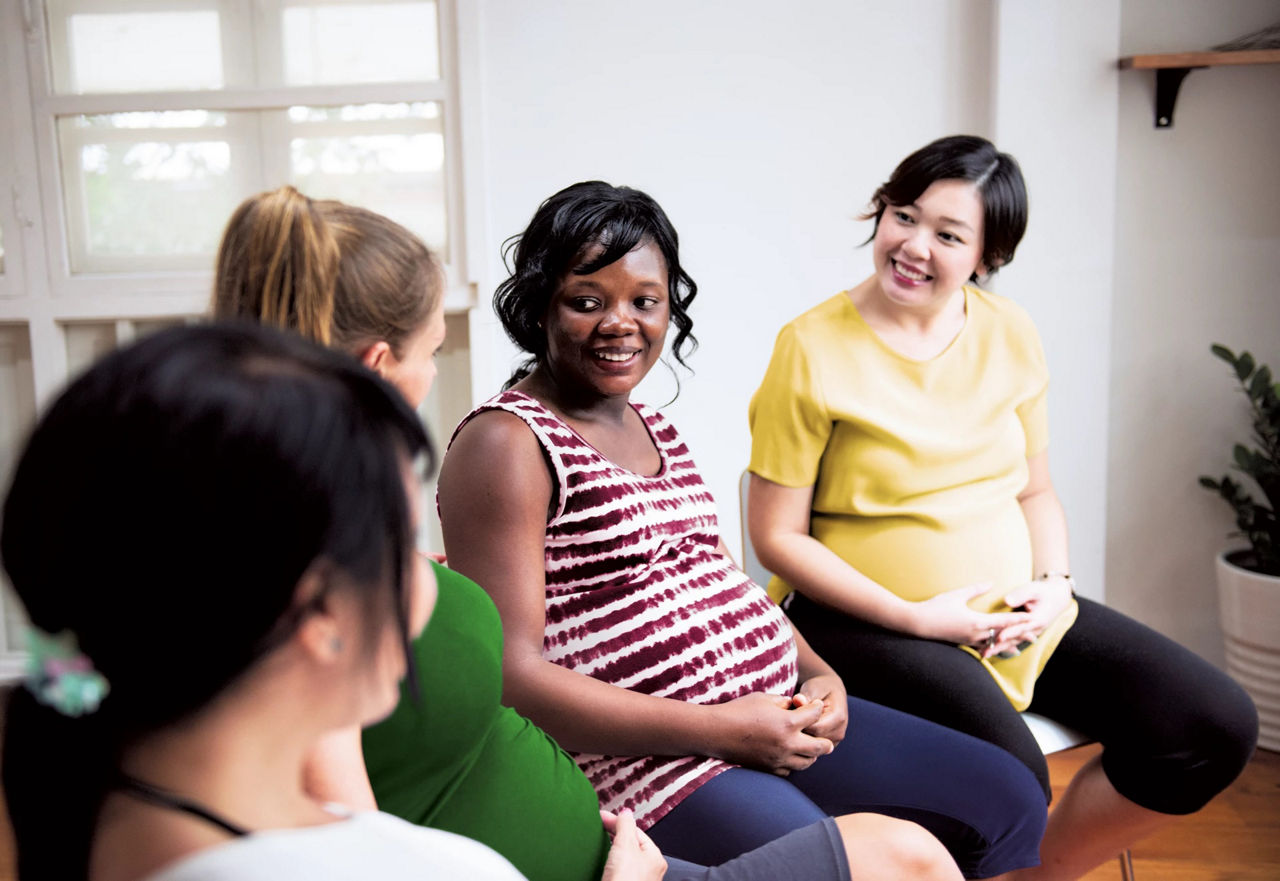Free weaning plan - Register here
How to manage tiredness during pregnancy
The tiredness that you experience when you are pregnant may be different to any tiredness that you have ever experienced before now. It is actually totally different to how you may feel after your baby is born and you may be frustrated that during a time when you expect to be vibrant and full of energy, in fact the opposite is true. I have experienced this with all of my own pregnancies and that veil of tiredness coupled with sickness can make you miserable, but it doesn’t last forever and the end result is amazing!
This overwhelming tiredness may be experienced at the start of your pregnancy and then for the middle trimester you may feel great and then as your body becomes bigger towards the final trimester you may begin to feel worn out and also have trouble either getting to sleep or staying asleep.
During this time, there is nothing for it except to become attuned to what your body is telling you as begin to grow your very own human being! Self-care is so important. Here are a few tips:
- Go to bed early, as early as you can. You will likely have to get up early in the morning for work, college or to look after your other children so the only way to get more sleep is to get up the stairs from 8pm onwards.
- Cut back on any stimulants and if you are still allowing yourself tea or coffee, have your last cup before 2.30pm, if not before. Remember that chocolate contains stimulants, and although it may be difficult, pay attention to your diet so that you don’t prevent your body going to sleep when it is naturally tired. Iron rich foods, like leafy green veg, can boost your energy too. Also, try not to rely on sugary food to get you through the day. If you're tired, a healthy balanced diet is even more important to keep your immunity levels high.
- If you can’t sleep, at least relax and rest. I know that there are many jobs that need to be done, laundry, meal preparation and cleaning, but if that has to suffer in the short term, so be it. This tiredness does pass, but be kind to your body as it does. Taking 20 minutes 'time out' mid morning and mid afternoon could recharge your batteries.
- Accept any offers of help. Even though you don’t have your baby yet, you are host to a new life and you can allow yourself to be waited on if someone is good enough to offer.
- Don’t be afraid to nap during the day as required, and ideally finish the day time sleep no later than 2pm to avoid this sleep interfering with your ability to go to sleep at bedtime.
- Make sure that you get out and about, go for a brisk walk if possible in the mid-morning or mid-afternoon to help regulate your sleeping patterns and also to revive your flagging state.
- If you are experiencing morning sickness then make sure that you are hydrated, and that you eat little and often avoiding any heavy meals 2-3 hours before bedtime.
- Putting your feet up could ease any fluid retention and help you relax more.
- Relax, watch a film, do some online shopping – whatever takes your fancy.
Be mindful that your lifestyle; diet, fitness regime, use of television, phones, iPads, medication for example, has a huge impact on your sleep. Make adjustments that you feel might help.
Make sure your bedroom is a sanctuary and that the clothes that you wear for sleep are comfortable and cool. Your body temperature will be higher when you are pregnant and that can make sleeping more difficult, so adjust your bedding and room temperature accordingly.
If you are struggling to sleep then there is one school of thought that suggests you should get up again if you are not asleep or back to sleep within 30 minutes, then get up, distract yourself with music or reading and then try again. But this can often make your sleep more fractured and train your body to get into a negative sleep cycle. Another effective approach may be to continue to stay in bed, so that you are at least resting, but resist the urge to over worry about anything that may stress you out. Practising mindfulness can help you acknowledge your stressors but also bat them away and focus on the moment and your breathing and surroundings and not the time on the clock or what you have to do tomorrow and how little sleep you are getting.
About the Author
Lucy Wolfe is Paediatric sleep consultant and mum of four at Sleep Matters-Help Your Child Sleep; a private sleep consulting practice, based in Cork, where she enjoys providing knowledge, expertise and valuable support with tailored sleep plans to families across the country and over-seas, without using cry intensive methods. Author of The Baby Sleep Solution. www.sleepmatters.ie

Join the C&G baby club today
- Weekly emails with tips and advice for your stage
- 1-to-1 support from our dedicated Careline team, 8.30am - 5.30pm Monday to Friday.

Join the C&G baby club today
- Weekly emails with tips and advice for your stage
- 1-to-1 support from our dedicated Careline team, 8.30am - 5.30pm Monday to Friday.
More from pregnancy
Pregnancy topics
Any more questions?
Our specialist baby advisors and experienced mums are here to talk and ready to help whenever you need them. You can call us or reach us on Live Chat 8.30am-5.30pm Monday-Friday.
Phone
Call 1800 570 570
FAQs
For all the latest information
Email Us
Send us an email
8.30 am - 5.30pm Monday-Friday




